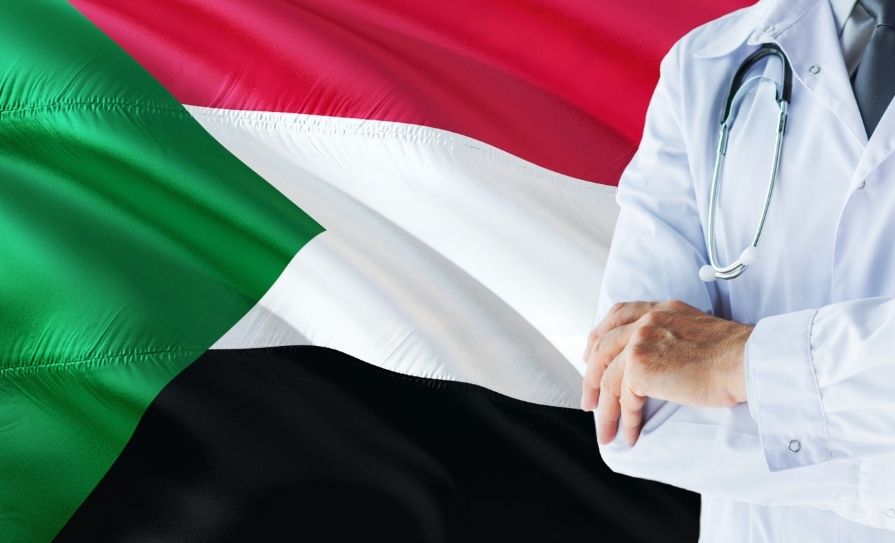The strategy’s five main goals are to enhance accessibility of services to people from diverse ethnic, cultural and religious backgrounds; address health issues experienced by people from diverse ethnic, cultural and religious backgrounds; ensure provision of high quality, culturally responsive services to people from diverse ethnic, cultural and religious backgrounds; build an evidence base; and strengthen partnership working to enhance intercultural health.
According to the HSE, the strategy provides a comprehensive and integrated approach to addressing the many unique health and support needs experienced by the increasing numbers of HSE service users from diverse ethnic and cultural backgrounds and who live in Ireland.
“These service users make up a diverse group in terms of country of origin, economic and social backgrounds, education and work experience, integration and healthcare outcomes. Some are migrants (including foreign students, asylum seekers and refugees); some are members of the Traveller and Roma community. Some are newly arrived, while others are settled in established communities,” outlined the Executive.
A number of action points surround the issue of female genital mutilation (FGM), with a commitment to “continue to develop and implement education and public awareness campaigns, among all health professionals and communities affected by female genital mutilation (FGM), to raise awareness that it is a criminal offence under the Criminal Justice (Female Genital Mutilation) Act (2012) to perform FGM, or to remove a girl from the State for the purpose of FGM”.
Key themes to emerge from the consultation process included ‘interpreting and translation services’ and the ‘evidence base on intercultural health’.












Leave a Reply
You must be logged in to post a comment.